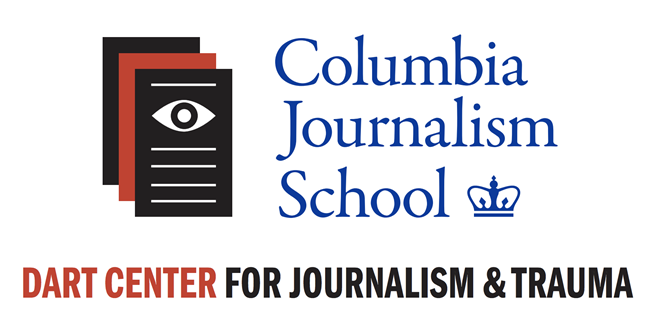| Dear friends and colleagues, We’re is pleased to announce an exciting new resource from a group of journalists and researchers thinking constantly about how to best create stories in an ethical, sensitive and safe way: The Dart Center Style Guide for Trauma-Informed Journalism. Launched at this moment of global crisis and pandemic, the Dart Center Style Guide is a quick, authoritative reference for reporters, editors and producers working on tight deadlines. The style guide contains evidence-informed guidance on news choices, language usage and ethics in reporting on the impact of trauma on individuals, families and communities; recommendations for appropriate use of relevant psychological and scientific terminology; and special considerations when reporting on consequential trauma-inflected issues such as racism and gender-based violence.This is a living document, building on a quarter-century of innovation, insight and experience by the journalists, clinicians and researchers in the Dart Center’s global community. All entries in this style guide reflect the Dart Center’s baseline recommendations for best practice. Entries rooted in trauma science are grounded in evidence-based consensus among experts. Entries on reporting practices reflect the accumulated recommendations and expertise of Dart Center fellows, Dart Award winners and other journalists who have placed ethical, evidence-informed consideration of trauma at the center of their work, and link to our extensive library of in-depth tipsheets and other resources.We hope you’ll visit the Dart Center Style Guide, and share it widely. We welcome any feedback, suggestions and criticism that can enrich its relevance to the global journalism community. This will be a continually-evolving and growing resource, so please let us know which guidelines you find useful, what you disagree with and what’s missing.Thank you, as always, for your engagement and support for trauma-aware journalism. It’s never mattered more. Sincerely,The Dart Center for Journalism and Trauma |




